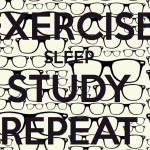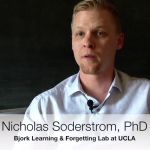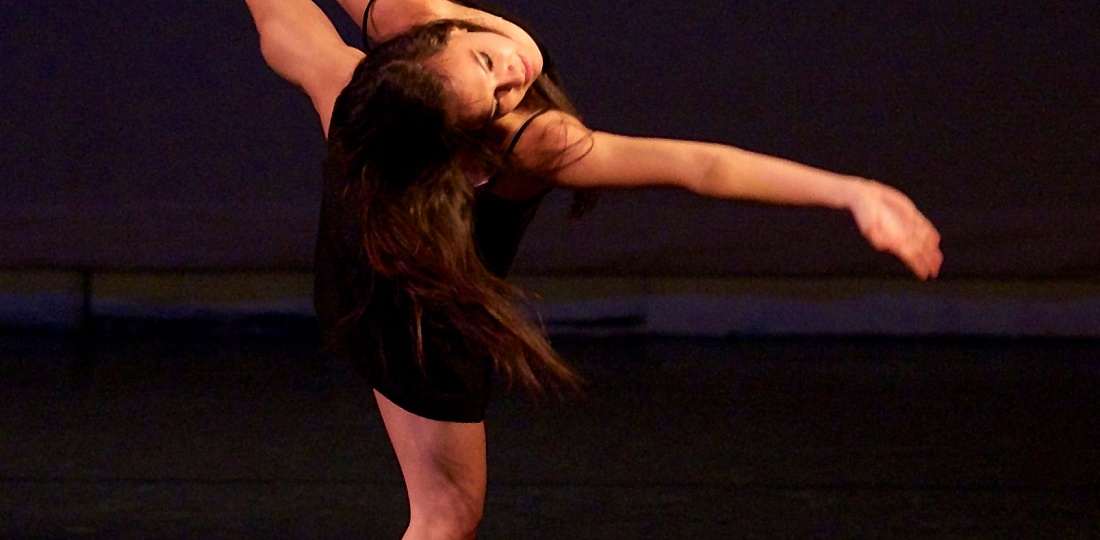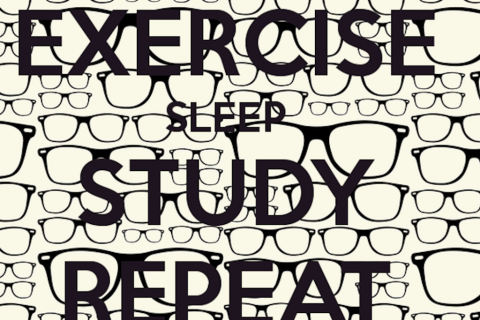“Mirror, Mirror on the wall, who is the fastest one of all?”
“My dear child, you are. You’ve got immense talent.”
*
“Mirror, Mirror on the wall, who is the greatest one of all?”
“My dear child, you are. You’ve got a special gift.”
*
A third kid comes up and asks:
*
“Mirror, Mirror on the wall, who is the most hardworking one of all?”
And the mirror answers:
“My dear child, you tried very hard until you finally got it. Good for you!”
.
Praising learners for their ability or intelligence has gained widespread parental and educational support. Whether it is on the sports field, in the classroom, at dance lessons, or in cooking class, telling learners how naturally talented and gifted they are makes them feel special and smart, and these feelings, in turn, boost confidence and increase motivation. This traditional way of thinking about praise, however, is being challenged.
Stanford University professor Dr. Carol Dweck and colleagues have conducted extensive research on the impact of praise. They have looked at scenarios such as “What happens when we tell our 6 year old child that she or he has a natural talent for ballet?” Well, if we are lucky she or he will–with love and dedication—confidently transform into The Dying Swan, teach ballet at the Royal Ballet School in London, or simply enjoy this type of performance dance.
But what happens in the face of failure or struggle? Would we attribute poor performance to a lack of that special ability or natural talent that she or he supposedly had for ballet?
In a multi-experimental research study (for research paper click here) Dr. Dweck and her team examined the different effects that praise for intelligence versus praise for effort (e.g., hard work) has on learners’ achievement goals and performance attribution. Over the course of six experiments, the researchers found that learners who were praised for their intelligence (e.g., “You must be smart at this”) after success selected a future problem-solving task that was easy and that would allow the learner to continue to look smart. On the other hand, learners praised for their effort (“You must have worked really hard”) preferred confronting harder sets of future tasks – making striving to learn far more important than looking smart or receiving good scores.
Here’s another interesting finding from the study: When faced with failure, learners praised for intelligence attributed their low performance to the narrow limits of their abilities, rather than a lack of effort. This overemphasis on intellect or ability, Professor Dweck argues,
“…leaves learners vulnerable to failure, fearful of challenges and unwilling to remedy their shortcomings”.
Indeed, praise for ability was shown to leave learners to believe that intelligence is a fixed trait. When praised for hard work, on the other hand, learners attributed their low performance to a lack of effort, rather than a deficiency in their natural ability. Being praised for effort appears to orientate learners to think intelligence “is malleable” and can be developed through hard work and continuous learning.
Even more striking, many learners praised for intelligence cared so much about their performance and being perceived as “smart” that they lied about their poor performance to others rather than admitting to a lower score. And, when being given the opportunity to find out more information on how to master future problems, the majority of learners who were praised for intelligence chose to seek out how well their peers performed on the tasks with less regard for learning. This obsessive desire to be smart, impress others, and be better than others led learners to display less task persistence, less task enjoyment, and worse performance in the face of failure or a difficult situation compared to learners praised for their effort.
Taken together, these findings strongly suggest that we – as parents, educators, coaches, as a society – should stop praising people’s so-called natural talents and abilities, and instead praise learners’ effort. People are more likely to persist in learning something if they know that such learning is a direct result of hard work and persistence. On the other hand, praising intelligence or abilities, while well-intentioned, can lead to unproductive labeling.
As Carol Dweck said:
“Don’t do that. Don’t get students so invested in these labels that they care
more about keeping the label than about learning”.
Here are some examples by Dr. Dweck of effective praising for effort and express positive views on challenges (for the full article please visit The Secret to Raising Smart Kids):
- You did a good job drawing. I like the detail you added to the people’s faces.
- You really studied for your social studies test. You read the material over several times, outlined it and tested yourself on it. It really worked!
- I like the way you tried a lot of different strategies on that math problem until you finally got it.
- That was a hard English assignment, but you stuck with it until you got it done. You stayed at your desk and kept your concentration. That’s great!
- I like that you took on that challenging project for your science class. It will take a lot of work—doing the research, designing the apparatus, making the parts and building it. You are going to learn a lot of great things
- Boy, this is hard—this is fun.
- Oh, sorry, that was too easy—no fun. Let’s do something more challenging that you can learn from.
- Let’s all talk about what we struggled with today and learned from. I’ll go first.
- Mistakes are so interesting. Here’s a wonderful mistake.
- Let’s see what we can learn from it.
































Leave a Reply
You must be logged in to post a comment.